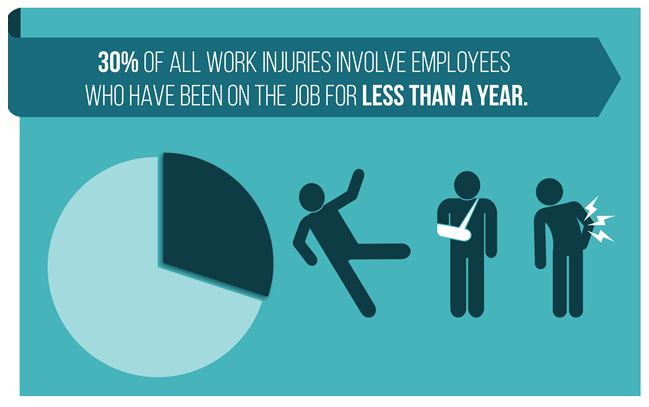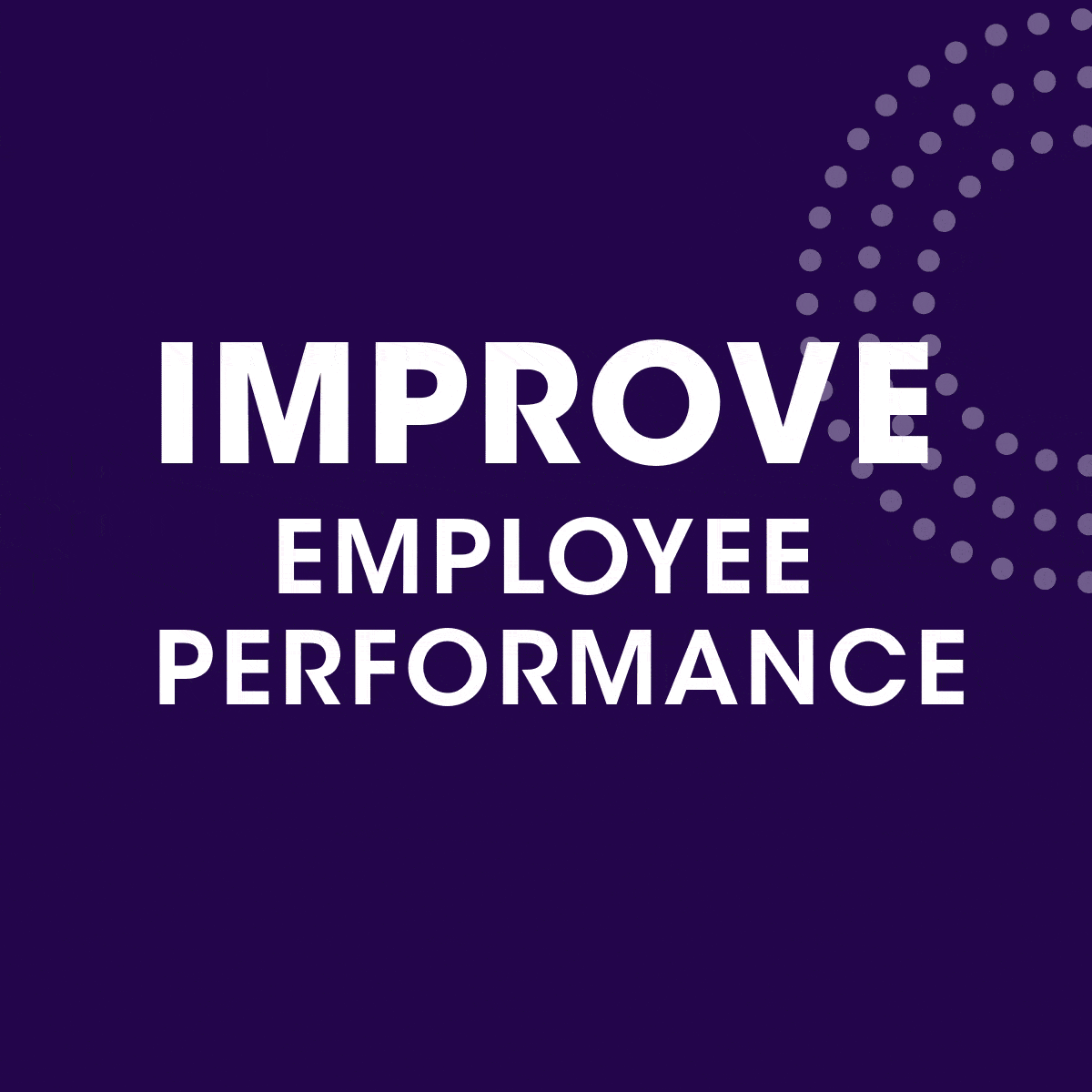5 Common Reasons for Work Injuries to New Employees

Thirty percent of all work injuries involve employees who have been on the job for less than a year, according to the Bureau of Labor Statistics.
By: Rob Foote, Roofing Risk Advisors, LLC.
The following are the most common reasons for injuries to new employees, as well as ways to prevent them.
- Unfamiliarity with workplace hazards—Even if you will be doing the same job as you did elsewhere, don’t assume you’re aware of all potential job hazards and hazardous substances in your new environment. If you have questions, ask.
- Fear of asking questions—New employees may be too intimidated to ask questions. Remember that there is no such thing as a silly question when it comes to your safety. Also, be sure to use constructive criticism as a learning experience.
- Improper use of personal protective equipment (PPE)—Your past employer may have been lax with its PPE requirements. Don’t bring any bad habits to your new role. Feel free to ask for proper PPE training.
- Employer’s assumption of expertise—Some employers may be accustomed to dealing with employees who have been on the job for years and fail to realize the need to properly train new hires. Although your resume may be impressive, don’t assume that you’re qualified to do the job without proper training.
- Poor safety communication—A common cause of employee injuries is the inability to understand urgent safety messages. Make sure you’re familiar with emergency safety protocols and that you understand not only what to do in an emergency, but also the method your employer will use to communicate the safety message.
Contact Roofing Risk Advisors a division of Frank H. Furman, Inc. for a no-cost risk management consultation.








-2.png)










Comments
Leave a Reply
Have an account? Login to leave a comment!
Sign In